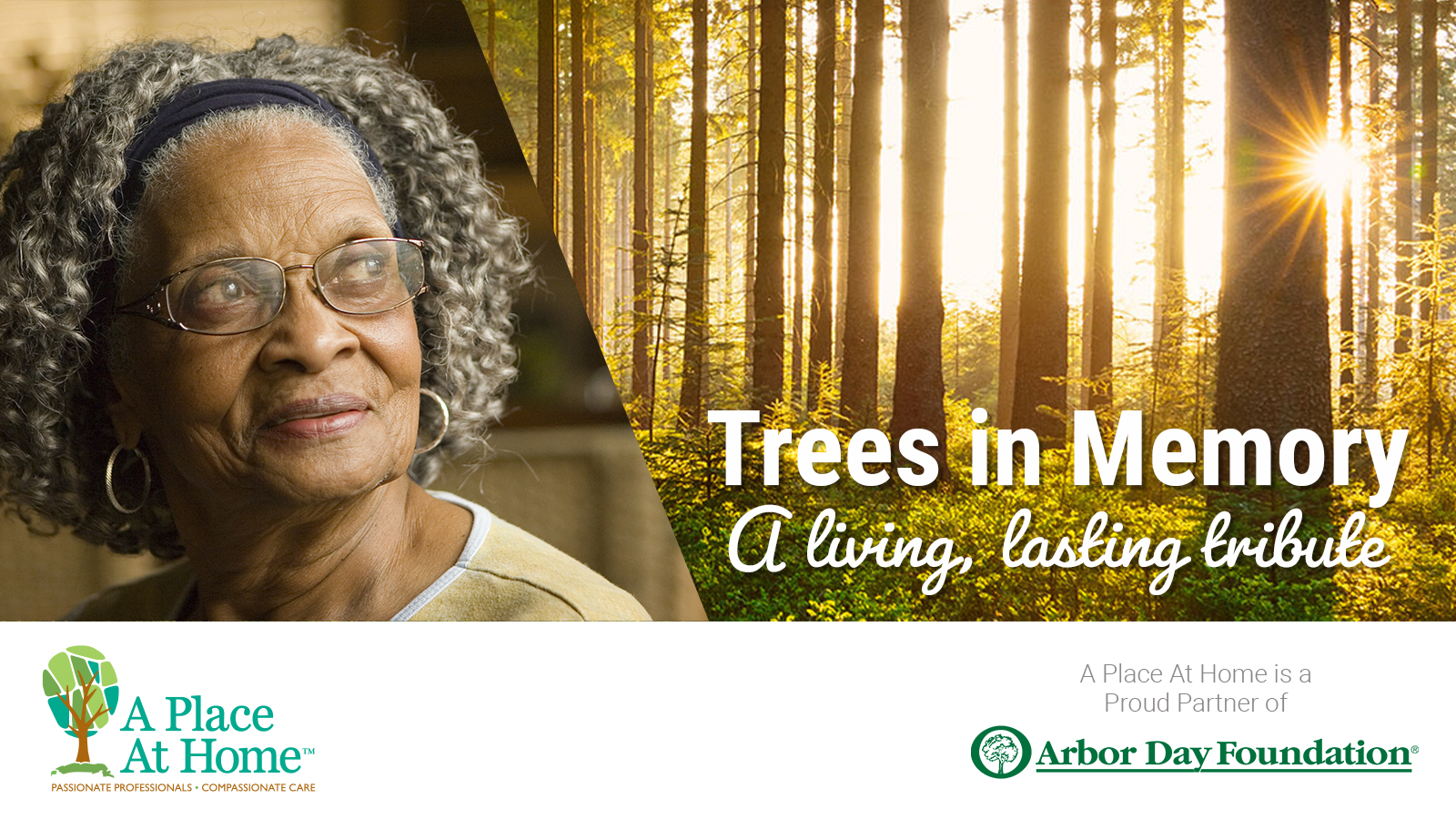American Stroke Month exists to create awareness of the risk factors for stroke and educate the public about preventing their own risk.
Each year in the US, almost 700,000 individuals will experience their first stroke. While a stroke can happen to anyone, at any age, the risk for women is much higher than that of men. One in five women will suffer a stroke in their lifetime, and stroke itself is the number four leading cause of death in women in the United States. While the number of individuals who will experience their first stroke is large, someone who has had one stroke is at risk of suffering another one in the future.
There are several key factors when it comes to the risk of stroke:
- High blood pressure
- Smoking
- Diabetes
- High Cholesterol
- Artery and heart disease
- Sleep apnea
- Excessive drinking
- Physical inactivity
The situation may seem dire, but in actuality, 80% of all strokes are preventable.
This is excellent news, considering the often devastating effects of a stroke. Depending on the side of the brain the stroke occurs on, an individual can experience paralysis, issues with vision, speech, and language, changes in their behavior, and memory loss. It’s less common, but a stroke that occurs on the brain stem heavily impacts both sides of the brain. In these cases, a person can be “locked in.” This means they aren’t able to speak and lack the ability for movement below the neck.
In general, strokes fall into two categories – ischemic and hemorrhagic. An ischemic stroke happens when a vessel supplying blood to the brain becomes blocked. There are two types of ischemic strokes:
- A thrombotic stroke is often caused by diabetes or high cholesterol and usually occurs in older people. Symptoms may come on slowly over days or hours and may be preceded by a TIA or “mini-stroke.”
- An embolic stroke usually happens rapidly without warning signs and is often the result of heart disease and, in some cases, heart surgery. Debris from a blockage elsewhere in the body travels to the vessels of the brain.
A hemorrhagic stroke occurs due to bleeding on the brain or the space between the brain and its protective membrane. This type of stroke also causes irritation and swelling around the brain, leading to further brain damage. Hemorrhagic strokes account for about 15% of all strokes.
There are two categories of hemorrhagic strokes:
- An intracerebral hemorrhage is when the vessels in the brain are weak and bleed. High blood pressure is often the cause of this weakness. This type of stroke usually happens suddenly with no warning signs and can be severe enough to lead to a coma or death.
- A subarachnoid hemorrhage is what is commonly known as an aneurysm. This happens when there is bleeding in the space between the brain and the membrane that covers it.
Life post-stroke can be confusing, depressing, and overwhelming.
In quite a few cases, life after a stroke will look drastically different. Everyday tasks such as using the restroom and getting dressed may no longer be possible to do on one’s own. However, you may not think of other things, for example, not being able to roll over or readjust yourself in bed because one side of your body doesn’t respond to your commands. Holding utensils and communicating with your loved ones. Difficulty sleeping, memory deficits, and emotional effects such as anxiety and depression.
However, recovery from a stroke is possible.
Beginning as soon as possible is integral to making as much progress as possible. Generally speaking, the maximum recovery takes place over the first three to six months following a stroke. It’s essential to begin as soon as possible. Rehabilitation happens on several fronts. Physically, one will work on motor skills, strength, and coordination. Mobility using aiding equipment and re-learning how to walk is a significant part, as well as forced-use therapy and range of motion exercises.
In recent years, more technology has played a part in the recovery process. Wireless technology has come into play recently. Activity monitors can help track and increase an individual’s activity level and frequency. Electricity is used to prompt muscles to contract through a technology called Functional Electrical Stimulation. Robotics can help regain the strength and function of impaired limbs, and virtual reality allows one to interact in a simulated environment.
Physical rehabilitation is not the only focus for improvement post-stroke.
One’s cognitive and emotional state following a stroke needs to be attended to as well. Depression, anxiety, and behavioral struggles all need to be taken into account. Occupational and Speech therapies help address processing, social skills, judgment, speaking, writing, comprehension, and more. Counseling and support groups will benefit stroke survivors and their families. Often, a family needs as much emotional and mental support as their loved one following a significant health event. Resources for both patient and caregiver support can be found here and here.
A Place At Home can provide support in the home following a stroke.
A Place At Home has a stroke-specific program to support individuals recovering from a stroke and provide respite to familial caregivers. This program is designed to address the specific care needs of individuals recovering from a stroke. It may be appropriate for individuals that have had a stroke in the past, as well. Caregivers supporting individuals enrolled in the Stroke Recovery program are CARE certified. They are educated to address the specific needs of this type of recovery. You can learn more about this program here.
Taking heed of the risk factors for stroke is one of the most important things you can do for yourself. Take the time to educate yourself on how you can help prevent a stroke from affecting your future and quality of life. That’s what American Stroke Month is all about.











